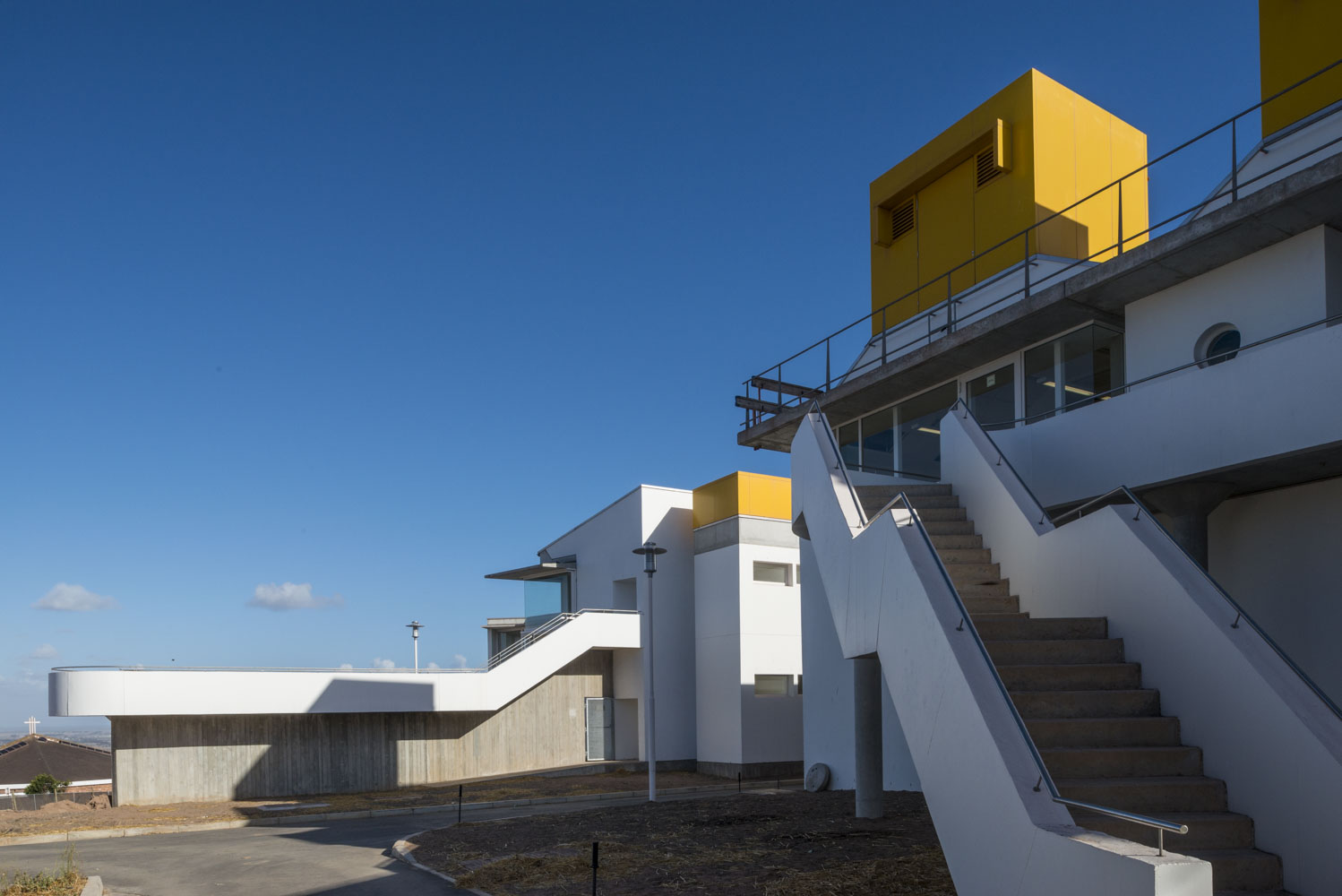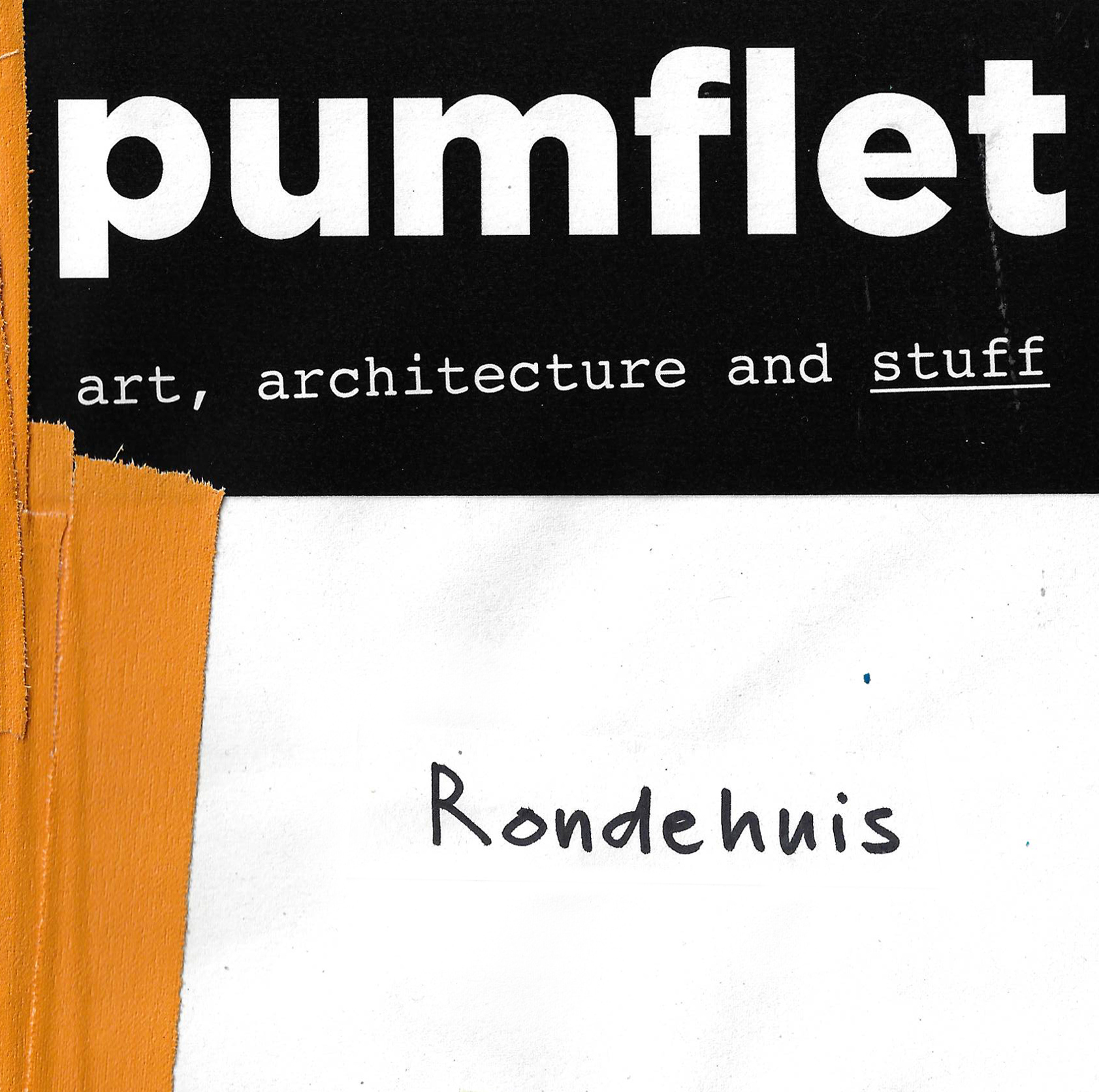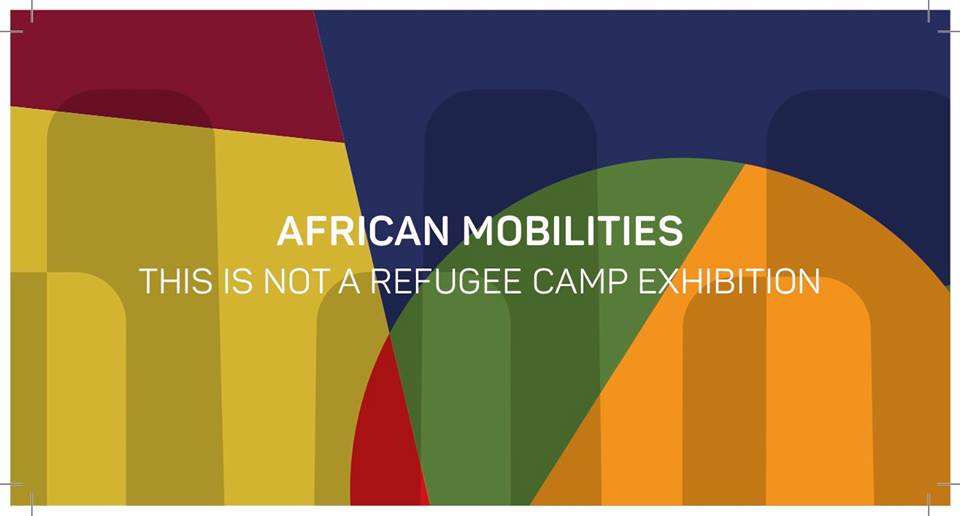Ilze Wolff is the co-founder of Wolff Architects, a practice she started with her partner Heinrich Wolff. They have a space in the Bo-Kaap where they produce designs for buildings and public spaces. Their space has a gallery that looks on to the street, which they use for hosting programs, discussions and exhibitions related to architecture, space and the city. Over the years their practice has placed increasing emphasis on ways to get the broader public to engage more directly with urgent questions relating to architecture.
“Architecture is about the embodied experience of situations and of space linked to an imagination.” This statement is from an interview Ilze did with Design Indaba for an article mentioning her nomination for the Moira Gemmill Prize for Emerging Architecture. When I asked Ilze to unpack this statement, she humourously pointed out that it was one of the many things she says that she does not always have a clear answer for. However, her explanation reveals her dedication to a nuanced understanding of the interaction between people and space, and the role of architecture in paying homage to this interaction. “I think that I was trying to say is that we all experience space in particular ways and the production of architecture is linked to your experience of a space and the articulation of crafting a new space from your own imagination. It is about the interplay between subjectivity and imagination. Architecture is thus one of those sublime contradictions in that, yes, we design for a public collective experience, yet all our speculations and experiments are seated in a very individualistic and intimate space: the imagination.”

The intersection between architecture, art and public culture is where Wolff Architects finds the most joy, as well as intellectual and creative stimulation. Taking on the point of view that the boundaries between these three disciplines are “inherently artificial”, Ilze expressed that imagining their work and creative production as transcending these borders has been productive. “Our training as architects brings specific readings and sensibilities to a project, which we cannot take for granted but research and engagement into art practices, socio-cultural debates and popular culture layers our approach beyond the technocratic responses that is the norm in our industry.”
Documentation and advocacy also plays an important part in how Wolff Architects injects new life and critical questions into the field of architecture. Conscious of the way space, architecture, infrastructure and landscape has been used for separation in South Africa, “We feel it is our obligation to use our discipline (architecture) against itself and produce work that advocates for social cohesion,” Ilze explains, “We document our situation and built environment in order to develop wisdoms on how to intervene sensitively and with new readings. Research and asking difficult and critical questions is important for us to establish a project’s ethical framework. Ethics also in terms of aesthetics and imagination.”


Ilze is also the co-founder of Open House Architecture, a research platform that embraces transdisciplinary knowledge production. Started in 2006, it began as a way to have thorough overviews of local architects’ portfolios through architectural tours, documentaries and monographs, some of which presented to the public for the first time. After a number of successful events, they realized that their audience was almost exclusively architects and other built environment professionals. With a desire to attract people outside of these spaces, Open House Architecture ventured into live art and public interventions, and in 2016 started a publication and interventionist platform called ‘pumflet: architecture and stuff‘, with artist Kemang Wa Lehulere. “With Wa Lehulere, we have co-produced two editions: Alabama and Gladiolus, both of which attempts to reinsert the destruction of Cape Town’s cinemas and black neighbourhoods, and their contemporary meanings back into the public imagination. We feel that it is important to research marginal architectural histories but it is even more important to cultivate a diverse audience and public culture around lost spaces, art and modern architecture.”

Wolff Architects’ most recent poroject, under the direction of Ilze, was working in the design for the African Mobilities exhibition titled ‘This is Not a Refugee Camp Exhibition’ taking place at Architekturmuseum TU Munchen in Munich until 18 August. The exhibition engages with migration, mobility and space in Africa. Reflecting on the design process for the show, Ilze expresses that, “We allowed ourselves to engage with serious play where we purposefully tried to distort the very rational German gallery by introducing slight distortions on familiar pure geometries. We included a range of environments for speculation and engagement: in the first room we echoed the artist’s in that room’s notion of mixing up digital futures/histories by including a VR room that is both futuristic and nostalgic in its design; in the second room the library offers a public space for viewers to relax and look out onto a garden and in the last room we created a sound carriage where you could experience the sonic landscape of rail travel offered by the artists on display.”
Another exciting addition to the notches in Ilze’s belt is the publishing of her book ‘Unstitching Rex Trueform: the story of an African factory‘. The book is about a factory that has haunted Ilze ever since she became aware of the connection between architecture and the politics of space. “I write about the way modern architecture in Cape Town is representative of the ways in which labour, capital and the city worked together to construct race, genders and identities in the mid 1930s and 40s.” Ilze mentioned that at she is currently working on an experimental theatre piece based on the research for the book, which will be presented at The Centre for the Less Good Idea later this year.



















































